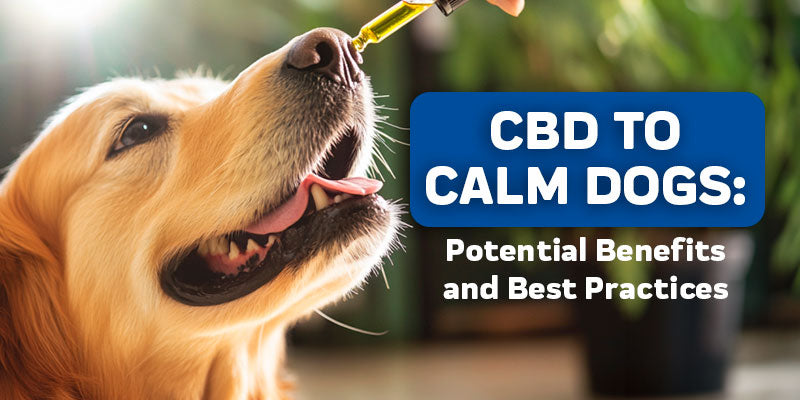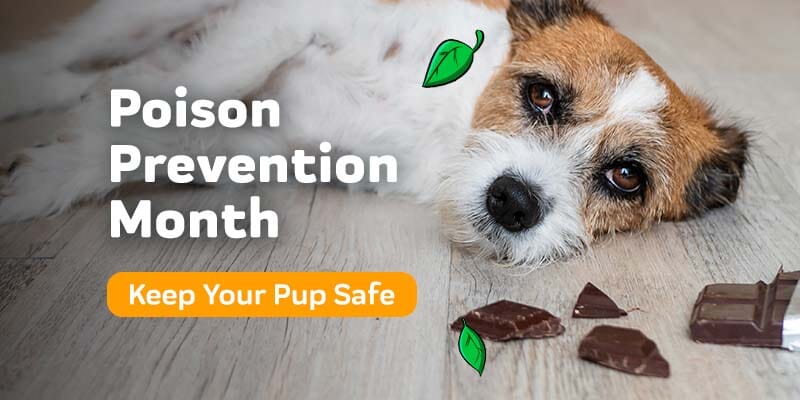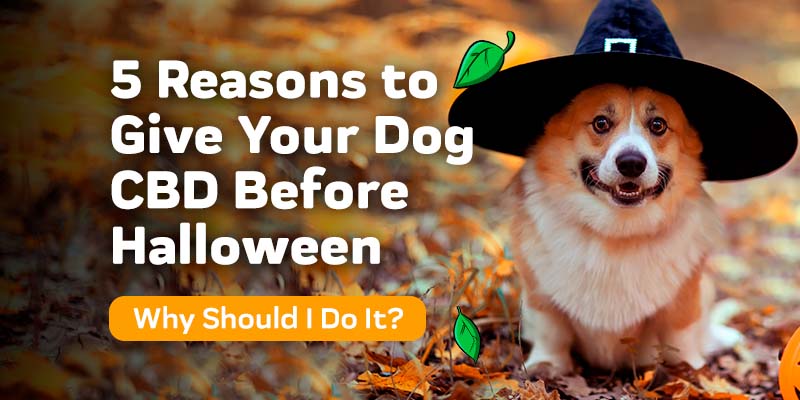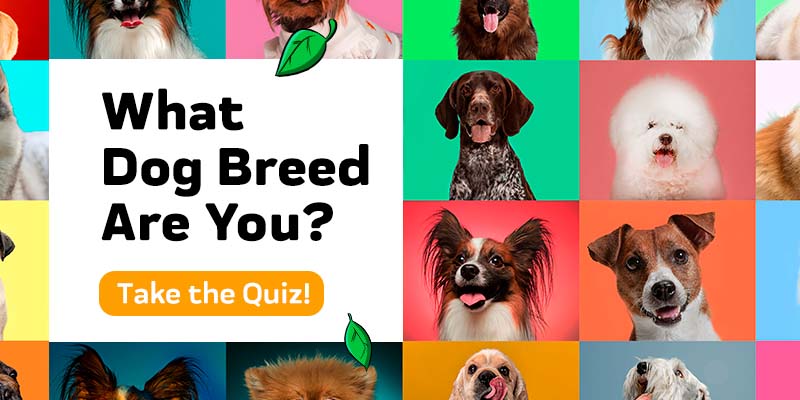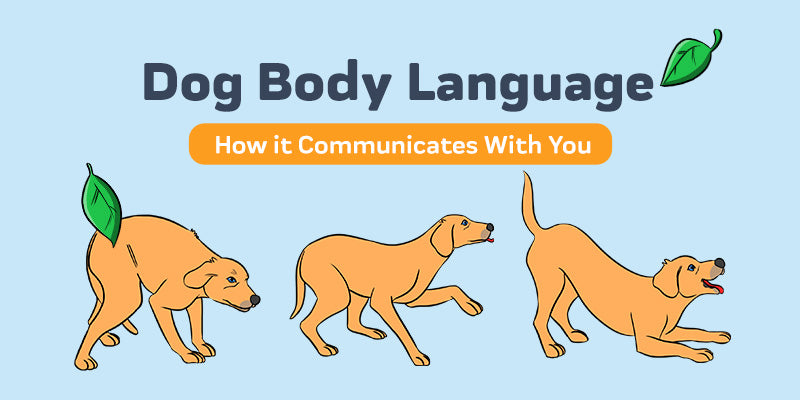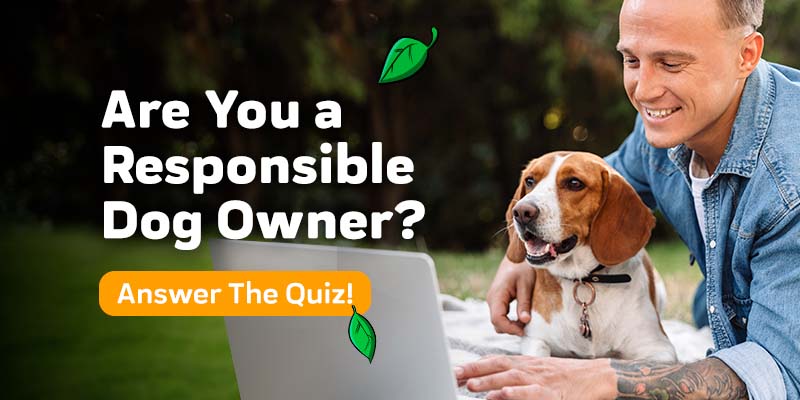
My dog keeps licking wound, now what? Dogs might lick their body for grooming reasons, to relieve pain, or attempt to calm irritation from some type of allergy or injury. Licking a wound is a natural action, but occasionally licking may do more harm than good, particularly if the injury is something such as an incision. Licking in excess hinders your pup’s capability of healing correctly and even can destroy the living tissue that surrounds the incision site. As complete healing is your objective, it’ll make sense to restrict your pet’s capability of licking his injuries as much as possible.
If you have a pooch that licks an injury and you do not know what to do, follow the below ideas from Innovet Pet Products in this how to get dog to stop licking wound post or talk to a vet for more help.
Why Do Dogs Lick Wounds?
Therefore, why is your dog licking wound? Although it may be hard to comprehend, licking may be a soothing action for canines. This behavior is a way for the dog to alleviate pain and keep himself calm. Some experts even make the case that the licking of a wound may assist in preventing infections and keeping the injury sanitized. As this isn’t fully wrong, if the dog’s licking action is excessive, it may trigger more issues than it resolves.
Saliva: Does it Have Any Healing Properties?
Dog saliva, with some moderate licking, might be helpful. Saliva from dog’s contain enzymes which assists in promoting healing, as well as works to break the cell wall down of bacteria which produces infections. In addition, moderate dog licking of an injury may remove debris and dirt that might be making matters worse, as well as generate antibacterial and antiviral elements to the injury.
Although it might seem more of a myth than a truth, there’s actually scientific proof that backs up those claims. It is even believed that saliva has bactericidal impacts against bacteria such as E. Coli. Also, dog saliva has protease inhibitors, growth factors, as well as opiorphin that works as a pain reliever. And not to mention, there are nitrate compounds that are contained inside saliva which aid in inhibiting bacterial growth by breaking down into (N2O) nitrous oxide, as well as stimulating the process of healing. But all those effects are thought to be mild and they might not outweigh the risks that may result from an overabundance of licking.
What are the Dangers of Allowing Your Pet to Lick His Injuries?

Unfortunately, allowing your pup to lick wounds may be harmful to his health. It’s especially a fact if your pooch had stitches or surgery. The aim of stitches includes keeping an injury shut long enough for it to properly heal. Too much licking quickly can turn into biting and chewing. Then, before too long any sutures which are in the dog’s way are going to be pulled out and the injury is going to be re-opened.
Not just is re-opening the injury an issue, yet excessive licking may cause extra canine irritation and pain. The dog’s injury might get infected, the exact thing you are attempting to prevent, and the pet also could accidentally cause self-mutilation which is going to be permanent. Occasionally a pup may lick an injury so much that he’ll kill the tissue that is healthy and leave dead tissue within its place. The tissue might appear grey and secrete fluid that has a foul smell.
The destruction of sutures, the destruction of healthy tissue, as well as the reopening of an injury all can result in extra trips to the veterinarian and extra surgeries. That means additional money and time invested while slowing the entire process of healing for your pet.
Prevent and Stop Dog Licking Wound
There are many ways on how to stop a dog from licking a wound too much. Those techniques might go from making the pup use a special collar, to utilizing behavior modification methods, as well as distractions.
How To Keep Your Dog From Licking A Wound: Using a Special Collar

In most instances of injury care, the veterinarian will send you back home with a hideous-looking plastic Elizabethan collar to stop dog from licking wound. They aren’t just bulky they often are too large and must be adjusted or modified to fit the dog. They also can be a real pain in the rear end as your pet attempts to navigate regular, daily life around your house. In addition, if the collar is too big, it might scare your furry friend and seriously restrict his capability of seeing correctly. It is a sure bet your pup won’t be too happy about being stuffed into such a collar, even though they may be efficient.
Despite the issues with them, if the collar is the path you need to take, try and locate one that’s transparent so the dog will be able to see through it. You’ll also need to locate one that’s the right size for your pet. If it is too big, it’ll make him unhappy. There also are some conventional Elizabethan collar alternatives, like the ones that are designed from more comfortable materials which are much less bulky than those plastic cones. In addition, there are some inflatable donut-style of collars which may be efficient. The trick here is that they must be large enough while fitting correctly to keep the pup from reaching, as well as licking his injuries.
How to Stop Dog from Licking Wound: Develop a Barrier
Occasionally, utilizing a bandage may be effective, if the dog grows accustomed to the bandage. How a pup reacts to using a bandage mainly depends upon his temperament. Breed also can play a factor. Some dog breeds are pickier and susceptible to chewing on things than other ones, particularly if that thing is on the dog’s body and he needs it off. A few pups will merely chew through that bandage to get to their injury, no matter how many times it’s replaced. It’ll defeat the purpose, plus will make the bandages ineffective.
Bandages also aren’t ideal depending upon which area of the body part the injury is situated. Plus, bandaging requires consistent changing in order for them to remain dry, as well as clean. You additionally must be cautious with bandages, as well as ensure that you’re using only ointments and creams on the dog’s injury that are suggested by the veterinarian. If you utilize something you should not and the dog eats through the bandage to the ointment underneath it, he might eat something which is going to make him ill.
In some instances, it’s possible to use unique boots that develop a barrier which might work better. The pooch may wear a boot either on by itself or over the bandage’s top. But, boots only are appropriate for dog paw pad or leg wounds and the same applies as bandages as it’ll come to ointments and creams. If your furry pal gets past his boot to whatever you have place on his wound, he’ll wind up eating it, so you must ensure that you’re using ointments and creams which are safe for canines, whether he uses a bandage, a boot, or both.
You should know beforehand if you’ll be utilizing a boot that has a bandage underneath it, because it’ll impact the boot’s size you ought to buy. You want the pup’s boot to be somewhat larger than his foot, so that it’ll stay on but is not overly tight for the pup to wear. The great thing about boots is that they’re pretty simple to pull off and on and may work great if the dog’s injury is upon his paw or leg. If the injury is somewhere else, like his stomach, a boot will not be useful.
Some pups will dislike boots as much as they dislike cone collars. You cannot just ignore your furry friend then hope for the best, as there isn’t any question that he’ll resort to licking if given the chance. Therefore, you must choose something which works for you and your pet. You might need to go through a little practice to discover that something, yet that is a lot better than paying a lot of money for unneeded veterinarian bills, or possibly risking your pet permanently mutilating himself.
How To Stop Dog Licking Wound: Create a Distraction

In some instances, creating distractions for the dog might be the top method of keeping him from licking injuries. As you distract the pup and pull his mind away from the injury, he’ll temporarily forget about it and the urge to lick is going to be greatly decreased.
It’s possible to try and distract the pup by teaching him a brand-new trick, one that isn’t overly strenuous or will harm the injury. It’s possible to try and distract your little companion using a new toy to play with. It’s possible to distract him using a bone or provide him a puzzle treat he really must work for. Additional exercise so long as it does not cause too much stress on the injury also can be an efficient distraction method.
Some pups actually enjoy treats such as ice cubes that are made using meat broth. Most pups enjoy ice cubes even without the broth yet add that extra flavoring and you have both a treat and distraction rolled all into one. It’ll keep him busy (hopefully) for quite a while! You probably should only give it to him when he is outdoors, otherwise you will have quite a mess on your hands.
A few pet parents find success utilizing sprays or strips made to discourage excessive licking. They may work great with some pups and not so well with other ones. Sprays and strips work by discouraging the dog from licking because of the awful flavor, such as bitter fruit. Ensure that you search for products designed with organic ingredients in order for you not to have any bad side effects or any dog allergy reactions from additives.
The main problem with utilizing products such as this, unfortunately, is that they do not always deter a determined pup. Some canines will continually lick irrespective of what something tastes like. It is as if he does not even notice the terrible flavor. If it’s your dog, do not waste your time. You’ll have to try one of the other ways to discourage your furry companion from licking his injuries or come up with another creative option.
Whatever you do, do not simply ignore the dog or lock him inside his kennel and expect him to leave the injury alone. That just won’t happen. The moment the dog becomes bored, he’ll start to lick that injury just because it’ll give him something to do. Bored dogs may make fast work of ripping out sutures and reopening the incision.
In serious cases, if you really can’t get your doggie to stop obsessively licking the wound, you might have to see the veterinarian so they may prescribe potential meds to help the dog curb his compulsive behavior. If you do not want to place the dog on meds, that is fine, as well. The vet might have some tips for natural options or provide other creative methods of distracting the dog in order for him to heal correctly.
Allergic Reactions in Canines
Dog allergic reactions are pretty common since canines respond to specific environmental factors like to humans. If you have noticed changes within your pet’s behavior or physical appearance, it might be because of an allergic reaction, which might be permanent, seasonal, or temporary.
Identifying those allergic reactions, as well as documenting them is a vital part of your pup’s general health care. It’ll help keep allergies at bay or even prevents them altogether. In addition, you will have a happier dog.
Has your pup started licking or scratching his paws non-stop? Have you seen that his eyes were more watery or red than normal? They all might be symptoms of an allergic reaction.
Additional typical dog allergy symptoms to be on the lookout for involve:
- Lesions
- Hair loss
- Swollen paws
- Rash
- Diarrhea
- Vomiting
If you see any of the above changed behaviors or signs in your dog, arrange an appointment with the vet as soon as you can. Document all details of what occurred before you noticed the symptoms, how frequently they happen, and if they’ve increased in severity. Within cases of serious allergic reactions, like extreme lethargy, seizures, or continual vomiting, take the dog to the ER clinic for instant assessment.
Causes of Dog Allergic Reactions
Just as symptoms vary from one dog to another, depending upon the allergy, so will the actual cause. Discovering the culprit is critical to eliminate your pup from touching the trigger in the future. Also, it helps the vet to make an accurate treatment and diagnosis.
Here are some of the possible causes for your pet’s allergies:
Fleas
It probably isn’t any shock that fleas are among the most typical causes of dog allergic reactions. Those pesky mites may make life uncomfortable, as they’ll burrow into the dog’s skin. As your pup has fleas, he might scratch and sneeze more or rub his behind against the carpet because of the itchiness. If not taken care of in a timely manner, flea bites might cause scabs, extreme redness, and pain in your dog. Common treatment involves flea medicine that stops them from burrowing under the dog’s skin.
Food
While it may seem like most dogs will eat almost anything, it does not mean they should. Keeping a dog on a balanced, healthy diet makes it easier to detect allergies in the future. If you’re trying a brand-new dog food brand, note any symptoms he might suffer as a result. It may include skin reactions, inflammation, or vomiting, particularly if he’s sensitive to a certain food. Also, it might be one ingredient that’s causing the allergic reaction. It is vital that you know everything which goes into your dog’s snacks and food. There are some organic choices for dogs, which assists in eliminating the likelihood of allergies because the list of ingredients is kept to a minimum.
Pollen and Mold
Dogs are not immune from the impact of a high pollen or mold count. In addition, when they’re outdoors exploring, there’s an increased opportunity for them to touch it. While there isn’t anything to do to control the exterior environment and its production of pollen or mold, it’s possible to create a clean environment inside the house to assist in keeping allergies at bay. While cleaning the house, consider the cleaning products you use, as they, as well, may cause allergic reactions.
Medicine
If your pet is beginning a new medicine, be on the lookout for any allergic reactions. Monitor his behavior closely after you administer any new medication to make sure he reacts favorably. In addition, carefully follow all prescription guidelines, which includes dosage quantities.
Sources:
Elizabethan Collars in DogsHow to Stop a Dog From Chewing on a Wound
The Importance of E-Collars
Care of Open Wounds in Dogs
How to Stop your Pet from Licking Wounds
''The Cone of Shame''











